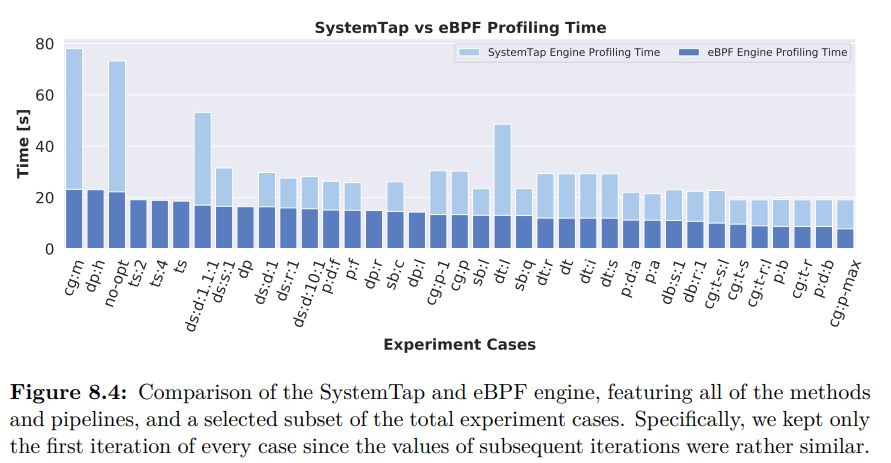Jiří Pavela: Efficient Techniques for Program Performance Analysis
| Thesis Detail | Institution site |
| Thesis Download | Thesis Download |
Disclaimer: While this thesis was officially supervised by Adam Rogalewicz (due some internal restrictions), I was the main supervisor of this whole thesis. The goal of this work was to optimize the profiling time and space based on several aspects of projects or profiling process: based on structure of the profiled program, based on complexity of the analysed functions, or recency of the changes. This is without doubt, my most favourite work I have supervised.
Abstract
In this work, we propose optimization techniques focused on the data collection process of program performance analysis and profiling within the Perun framework. We enhance Perun (and especially its Tracer module) by extending their architecture and implementing novel optimization techniques that allow Perun to scale well even for large projects and test scenarios. In particular, we focus on improving the data collection precision, scaling down the amount of injected instrumentation, limiting the time overhead of the collection and profiling processes, reducing the volume of raw performance data and the size of the resulting profile. To achieve such optimization, we utilized statistical methods, several static and dynamic analysis approaches (as well as their combination) and exploited the advanced features and capabilities of SystemTap and eBPF frameworks. Based on the evaluation performed on two selected projects and numerous experiment cases, we were able to conclude that we successfully achieved significant levels of optimization for nearly all of the identified metrics and criteria.

